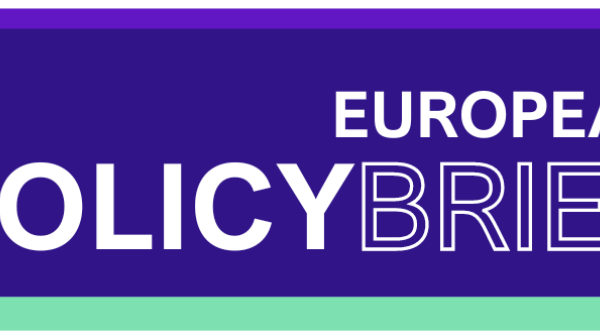

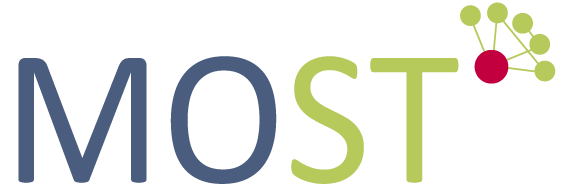

The Horizon 2020 project MOST intends to open up school education by initiating school-community projects (SCPs) across Europe. Within a school-community-project, schools and community members (families, science education providers, citizens, businesses etc.) work together to find regionally implementable and scientific approaches to sustainable issues. The focus is on waste management (2021) and energy saving (2022).
To implement this project, our dedicated consortium of 23 educational and environmental expert teams from 10 European countries have come together, including higher education institutions, schools, ministries, municipalities, enterprises, non-formal education providers.
All participants and supporters of the MOST project form the European Open Schooling Network (EOSnet), which will be enlarged step-by-step all over Europe into a vibrant Open Schooling community network.
Find out more about MOST, the School-Community-Projects and the EOSnet on the following sites!

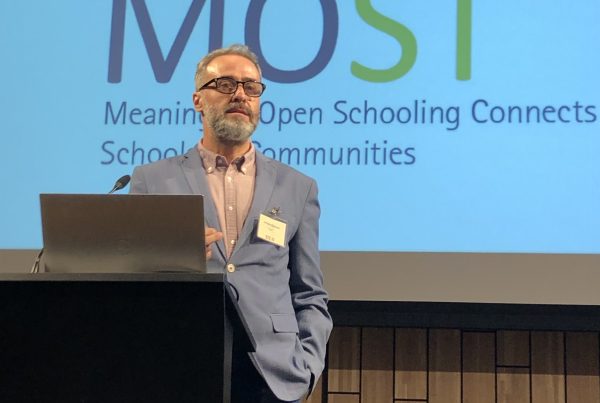
At the heart of the MOST project is the implementation of School Community Projects (SCPs) in schools. In an SCP, students and their teachers collaborate with members of the community: Families, science education providers, citizens, businesses, etc. They join together to work on an environmentally relevant issue that directly affects their community. For the duration of the project, the overarching themes are waste (2011) and energy (2022).
The aim of these projects is for students and citizens to work together scientifically in order to develop regionally feasible solution approaches. The acquired knowledge will then be delivered to the community. The sharing of results can be accomplished via short video clips, pictures, posters, flyers, newspaper articles, etc.
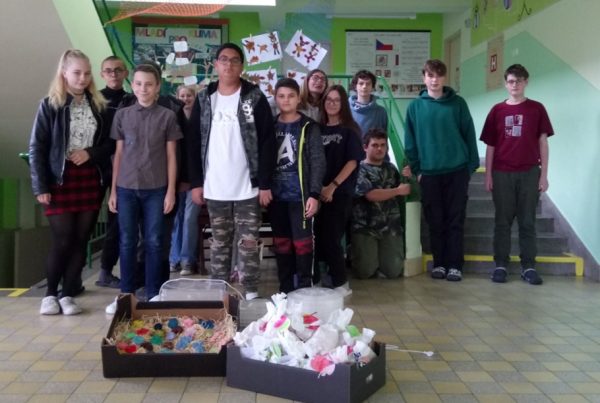
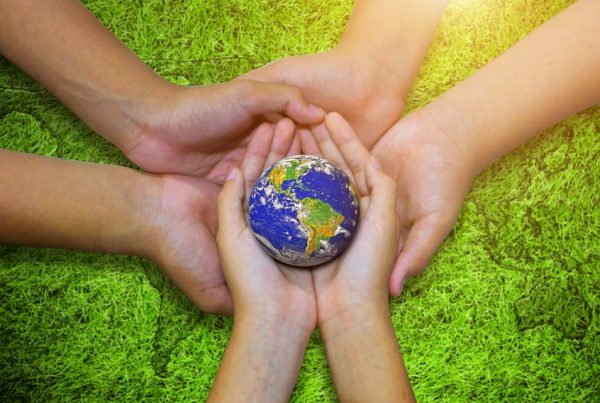
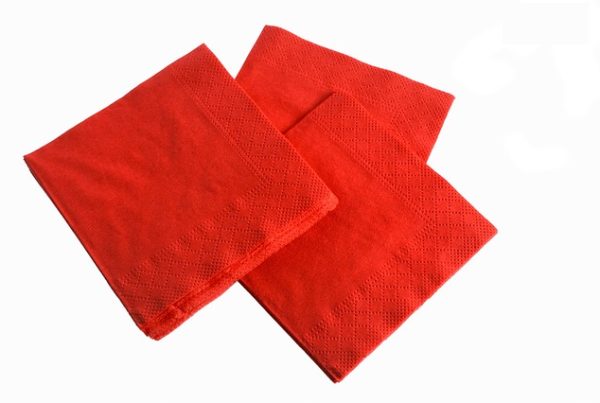
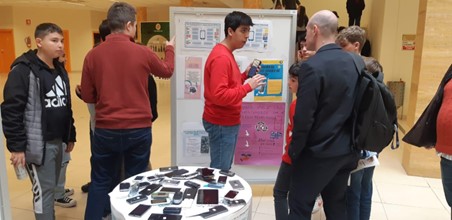
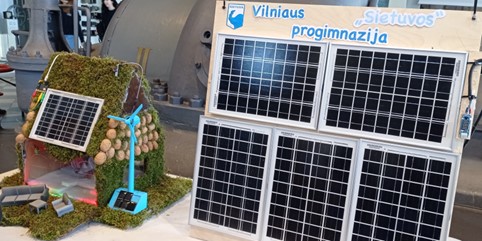
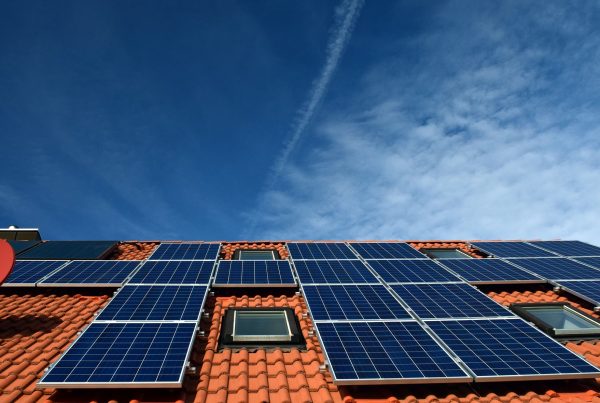
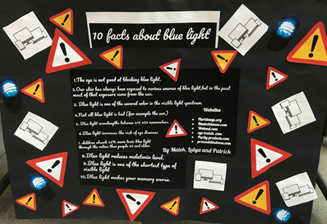
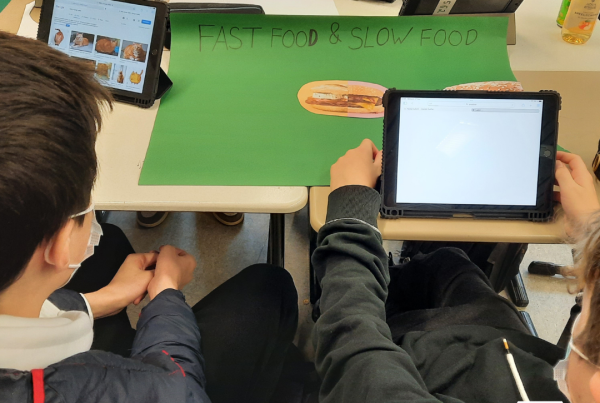
The MOST conference (May 11-12, 2023) connected School-Community-Projects (SCPs) and their partners on an European level, augmenting the projects results and achievements on the international stage. Best practices, SCP award winners and experiences were presented, policy makers and other high-level stakeholders invited to connect all levels of Open Schooling – students and teachers, higher education providers such as universities, citizens, companies and policy makers. This functioned as a unique opportunity to foster expertise and to engage in networking and the sharing of research findings from the SCPs to efficiently promote Open Schooling all around Europe.
You are currently viewing a placeholder content from YouTube. To access the actual content, click the button below. Please note that doing so will share data with third-party providers.
More InformationImpressions from the Final Most Fair at Vilnius University in Lithuania
MOST fairs connected participating schools of a region, their School-Community-Project (SCP) partners and further community members as well as stakeholders from business and policy in order to intensify exchange and cooperation at the regional level. Schools had the chance to present experiences and project results. In an award ceremony, the school with the best SCP received an award for their efforts. Students realized the meaningful impact their efforts and actions can have on their region and society in general. Schools were also be able to extend their cooperation with other institutions, organisations and interested community members in order to build significant and lasting partnerships.
The European Open Schooling Network (EOSnet) is what will give MOST participants the opportunity to connect not just during the project lifetime, but also afterwards. EOSnet is a website designed to present the SCP participants and their stories and to provide information on Open Schooling and its impact and possibilities. Everybody can join as a member via the website.
You are invited to join our network and initiate your own school-community-project.
Visit the national websites to find out what happens on site!
Connect with your national MOST advisor to start your own project and become part of the community!
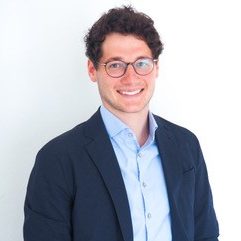
Austria
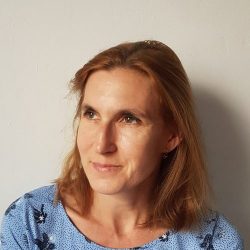
Czech Republic
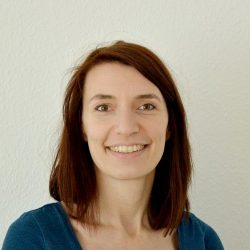
Germany
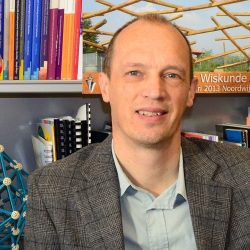
Netherlands
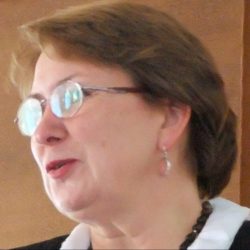
Lithuania
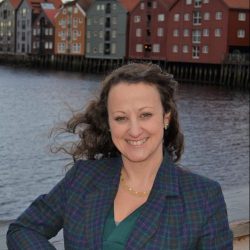
Norway
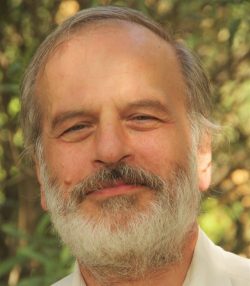
Malta
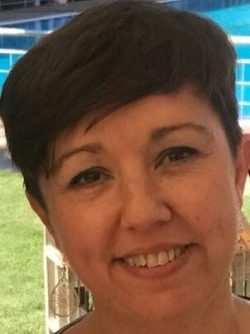
Spain
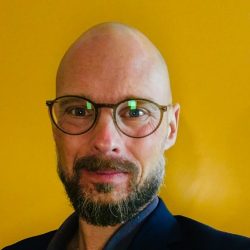
Sweden
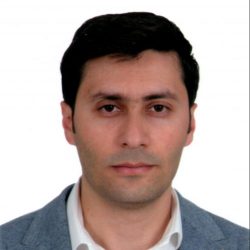
Turkey
If you did not find an advisor for your country, please feel free to contact the MOST Project Office. We look forward to hearing from you!
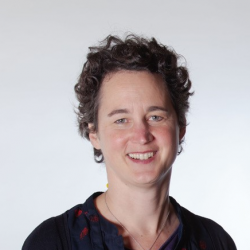
MOST Coordinator / Project Office
Here you can find some resources, if you are interested in applying Open Schooling. The videos offer information on how to organise a school-community project as well as on pedagogical approaches that all influence the Open Schooling approach, like inquiry based learning and socio scientific issues. The videos are in Turkish or German, but come with English subtitles. Below you can find more supporting information, guidelines and manuals as well as reports on project results. If you have any questions, feel free to contact us.
You are currently viewing a placeholder content from YouTube. To access the actual content, click the button below. Please note that doing so will share data with third-party providers.
More InformationYou are currently viewing a placeholder content from YouTube. To access the actual content, click the button below. Please note that doing so will share data with third-party providers.
More InformationYou are currently viewing a placeholder content from YouTube. To access the actual content, click the button below. Please note that doing so will share data with third-party providers.
More InformationYou are currently viewing a placeholder content from YouTube. To access the actual content, click the button below. Please note that doing so will share data with third-party providers.
More InformationOur H2020 project MOST (2020-2023) opens up formal science education and establishes partnerships between schools and their communities (families, science education providers, citizens, businesses etc.). Together they work on environmental school-community-projects (SCPs) with a thematic focus on waste management and energy saving. These participatory projects directly respond to the needs and values of those involved, benefitting the community as a whole and making schools agents of community well-being. MOST’s learning impact is boosted through an educational research-based approach that raises interest in science, scientific literacy and environmental responsibility.
To realise this powerful Open Schooling idea, our consortium gathers 23 expert teams from 10 European countries, including science education research and science teaching staff from higher education institutes, schools, non-formal learning providers, educational authorities, civic organisations, municipalities and enterprises.
To initialize the school-community-projects our consortium provides support for schools in form of preparatory workshops, potential partner search activities and through provision of operational and pedagogical instructions. Activities on the local, regional and European level foster the sharing of knowledge, establishing further partnerships and mainstreaming MOST results across Europe.
The core of the project is the integration of diverse participants: science and research, formal and non-formal educational institutions, politics, economy and society – on a local level by cooperating within “Open Schooling” projects, as within the project consortium, which contains all named institutions. The cooperation of diverse participants is the prerequisite to develop solution approaches, which take the needs of all concerned parties into consideration. At the same time, this is a driver for innovation, which will motivate all participants, to commit in the long term.
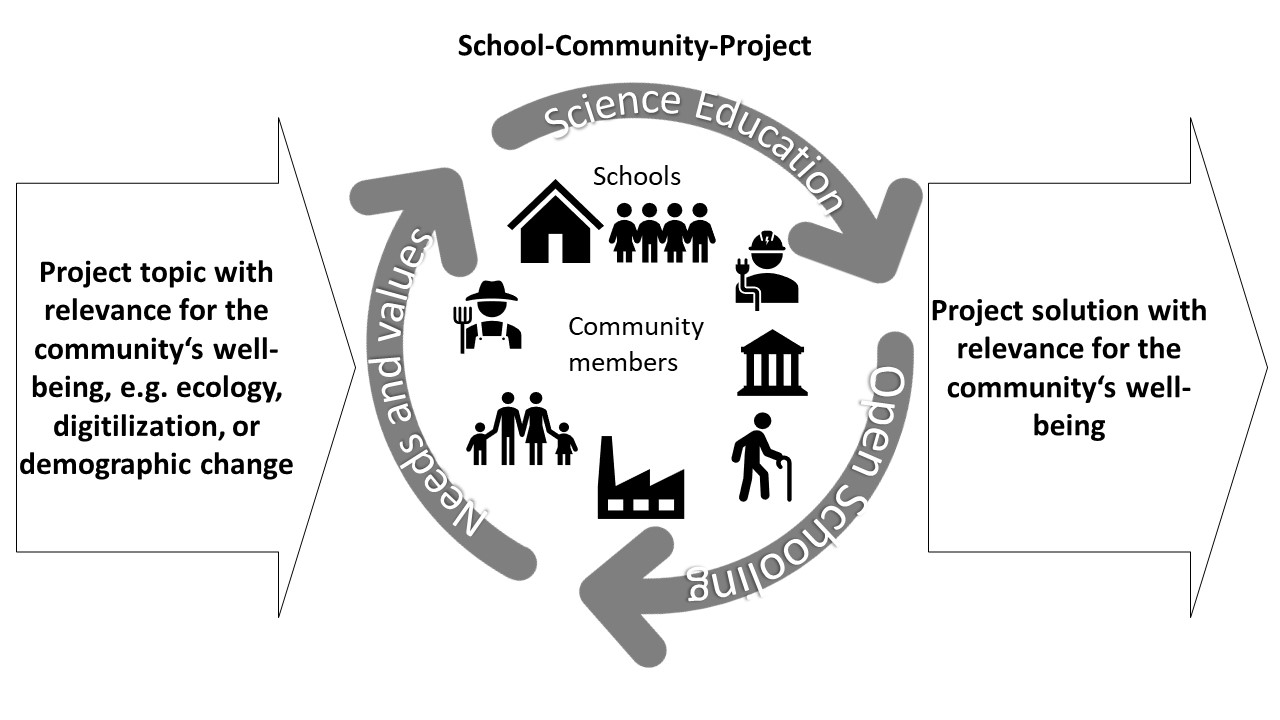
Our H2020 project MOST supports all school students and members of school’s local communities – regardless of their gender, cultural/socio-economic background or achievement level – in developing scientific knowledge and interest in science. This enables them to pursue scientific careers which will, long-term, raise the numbers of scientists in Europe.
To this end, the project opens up school education with the purpose of creating learning spaces, which are accessible for all citizens to join, and let society learn from, about and with each other. Research and practice have shown that engagement of citizens in open and participatory science education processes supports their scientific literacy and ability to make informed decision. Plus, these projects will take place in the context of a research-based approach to didactically foster interest in science, and scientific and transversal skills.
Particular attention is payed to encourage and enable girls to tap their science potential. Research has shown that girls respond much better to science teaching with links to real life and authentic contexts as well as with a focus on inquiry-based learning and cooperative ways of working. The project addresses this in various ways.
Through targeted exploitation measures, we seek to empower schools and their staff to become agents of citizen science and community well-being. This will, in the long run, enable schools to become solid elements of Europe’s citizen science processes.
Furthermore, a European Open Schooling Network (EOSnet) will be established to connect all Open Schooling actors involved in the project and other Open Schooling initiatives across Europe. The aim of the respective EOSnet website and related dissemination activities is encourage further schools, HEIs or other stakeholders across Europe to initiate School-Community-Projects (SCPs), to exchange best practices of Open Schooling activities and support the progression of Open Schooling in general.
MOST initiates activities on a threefold geographical structure:
Community: In all 10 countries of the consortium (Austria, Czech Republic, Germany, Lithuania, Malta, Netherlands, Norway, Spain, Sweden and Turkey), regional school-community-projects (SCPs) are initiated within communities (schools as hubs).
Regional level: At the regional/national level in our partner countries, all Open Schooling communities from one region are interlaced. This is achieved through regional MOST fairs, where experiences and examples of successful “Open Schooling” are shared. MOST fairs in each region maximise impact and strengthen regional efficacy.
European level: MOST ‘creates the bigger picture’ by establishing an European Open Schooling Network (EOSnet) at the European level. A final MOST Conference connects all SCPs across Europe to a vibrant science-learning network that opens up for further countries and communities.
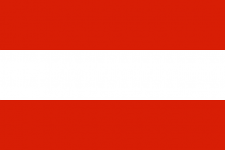
THE UNIVERSITY OF INNSBRUCK
The University of Innsbruck represents the largest Higher Education Institution in western Austria, individualized by its standing as vital social force. High quality dependant research, education and transfer of knowledge and skills have cemented the University’s success with Science Cafés and the cooperation between diverse shareholders. In bounds with one of the main topics of MOST, the University was able to pass on valuable knowledge and expertise, greatly beneficial to the project.
VEREIN KLASSE!FORSCHUNG (non-formal education provider)
The non-profit organisation „klasse!forschung” based in Tyrol, Austria, is a non-formal STEM education provider closely working together with 40 research organisations and enterprises. This network creates authentic, real-life scientific educational activities for schools, all whilst being the central hub for connecting schools, research, and business in the region of Tyrol. In 2019 alone over 2200 pupils aged between 6 and 19 years old have experienced topical and didactic methodology as a tool to drive digital transformation at an educational level, to increase the pupils’ interest for research and innovation. In the scope of MOST “klasse!forschung” is involved in networking, content and methods application and organisation.
ENERGIE TIROL
Energie Tirol is the official energy agency of the province of Tyrol, Austria. It was established as independent and non-profit organisation in 1991 and has since become an ambassador for the promotion of climate-friendly, environmentally sound and efficient use of, especially locally available, energy in the province. The agency closely cooperates with the University of Innsbruck, as well as with local schools, Tyrolian citizens and public and private institutions in their field. They offer a broad range of services ranging from awareness raising campaigns to education and counselling, as well as project management. In the scope of MOST Energie Tirol supplies their management experiences and takes care of material collection regarding energy management.

CHARLES UNIVERSITY (HEI)
The Charles University in Prague represents the largest education institution in the Czech Republic. It actively engages in international cooperation and promotes them within the framework of ERASMUS programmes. The Faculty of Education established an education programme focussing on Environmental Education and the integration of environmental stakeholders into this programme has been a significant differential for the university within the country. For this reason, Charles University caters to the smooth implementation of MOST in the Czech Republic, as well as using their networking experience to host fairs and conferences.
STREDISKO EKOLOGICKE VYCHOVY SEVER HORNI MARSOV, o.p.s. (non-formal education provider)
The Centre of Educational Education in the Czech Republic is considered one of the largest and oldest non-governmental organisations in the country responsible for scientific, environmental and sustainability education. Educational courses are offered to mostly primary and secondary school students. Furthermore, SEVER offers environmental counseling and help in public decision-making processes, to further community-based learning. The Centre closely cooperates with multiple national universities and coordinates school networks. In the bounds of MOST, SEVER will be involved in writing the manual to carry out several MOST aims and contribute their learning materials to the MOST collection.
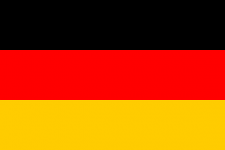
ICSE, University of Education Freiburg
The University of Education Freiburg is the hub for teacher education and educational science in southwestern Germany. It is represented by the highly qualified team of the International Centre for STEM Education (ICSE) and holds a key role in managing MOST. The innovative and successful approach to reform day-to-day schooling through cutting edge research has shone a spotlight on ICSE and therefore MOST, creating a national and international network of industry- and business partners in the endeavour. The cooperation of these influential partners with the Higher Education Institutions and schools enables MOST to fulfil its full potential in integrating communal problem-solving approaches in school curricula.
STADT FREIBURG (city)
The City of Freiburg oversees the education of approximately 33,000 pupils distributed in all types of schools and education levels. Its highest aim is to ensure successful outcomes for educational processes, for all its citizens regardless of their age to achieve the mission of life-long learning. Freiburg has been accredited as Green City since the 1970s and places a high emphasis on environmental education and therefore closely cooperates with representatives of different specialist areas within the fields of education, environment, and climate protection. The City of Freiburg supports MOST with communication, dissemination, and exploitation activities, due to its long-standing experience in communication with citizens, businesses, and educational actors.
WALTHER-RATHENAU-GEWERBESCHULE
The Walther-Rathenau-Gewerbeschule in Freiburg is a highly innovative and renowned vocational secondary school teaching STEM and ICT orientated courses and whilst encompassing 1300 students. The school uses innovative pedagogical methods, inquiry-based teaching, an in-house trade fair, as well as advising their students about their possible career paths through the vast network with industry and industry representatives, to achieve a high standard of education, which is demonstrated by numerous students receiving awards for special performance. In the scope of MOST the Walther-Rathenau-Gewerbeschule will support communication, dissemination, and exploitation activities, as well as conducting internal and external evaluations.
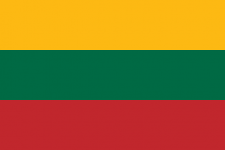
VILNIUS UNIVERSITY
As on of the oldest education providers in Central and Eastern Europe, Vilnius University exemplifies a large STEM potential, the connection between research and education as well as a strong collaboration with the country’s educational system. As parts of the university the Institute of Educational Science and the Institute of Data Science and Digital Technologies cooperate closely to join efforts in merging both approaches of continually pioneering modern education and ICT-methods within education to jointly improve teacher education. Vilnius University assists MOST with the hosting of large conferences, as well as supplying scientific and pedagogical material to the MOST Consortium.
VILNIUS CITY MUNICIPAL GOVERNMENT
The Vilnius Municipality has actively pursued promoting environmental awareness within its reach, with projects creating a circular economy, reducing the environmental impacts of transport and involving students in environmental science. Due to its strong ties to schools in- and outside the municipality, local communities, and stakeholders, as well as neighbouring municipalities, the Vilnius Municipality has established the Centre for Advancement of Education. Several schools have been equipped with state-of-the art equipment and modern technology workshops were established. Students from partner schools have received the opportunity to engage more actively in science. The Vilnius City Municipal Government is using its great network to the schools and citizens of Vilnius to pass on their knowledge to reduce waste, as well as implementing MOST in Lithuania.
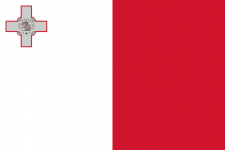
UNIVERSITY OF MALTA
Being the largest university of the Maltese Islands, it is singularized by its strong international academic exchange and has become a major driving force in shaping the development of the country’s teacher education. Thus, the Department of Mathematics and Science Education focuses on promoting innovative classroom practices that are in line with contemporary teaching and learning theories. Backed up with a lot of specific knowledge and teaching experience the university created the Centre for Environmental Education & Research (CEER) which has become an important environmental educational agency with a wide network to industry and policy.
WASTESERV MLTA LTD.
WasteServ Malta is a private company in charge of managing waste on the Maltese Islands, which is wholly state owned. It pursues the maximisation of extraction of recyclable materials and the generation of renewable energy. Furthermore, the company raises awareness, creates information-based campaigns, leads far-reaching initiatives, hosts educational programmes at schools and local events. In addition to educating the public and students, WasteServ also supports local NGOs. In relation to MOST WasteServ is involved in contributing to the MOST plan for communication, dissemination, and exploitation, as well as co-leading MOST conferences.
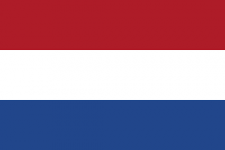
Utrecht University
The Freudenthal Institute for Science and Mathematics Education is part of the University of Utrecht which has pursued a pioneering approach in improving science and mathematics education by connecting STEM education with the world of work, therefore bridging the gap between formal and informal learning. The institute has been highly influential on the national descriptions of learning trajectories for the Dutch curricula, yet its network spans way beyond the country’s limits. In line with efforts made in MOST the university has made steps in integrating waste and energy into communal education.
STICHTING NATURALIS BIODIVERSITY CENTRE (non-formal education provider)
Naturalis is a non-profit organisation and the Netherland’s national research facility, whilst also serving as the country’s national natural history museum. The museum’s collection is one of the largest worldwide and the facilities and laboratories offer a state-of-the-art working environment for over 200 scientists, such as biologists and geologists. The protection of earths natural riches, biodiversity and climate change research, are the key drivers for research and necessary to convince the public to take even better care of nature. Naturalis will co-lead the European MOST Conference.
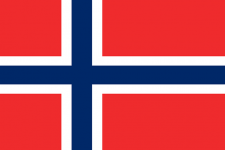
NORWEGIAN UNIVERSITY OF SCIENCE AND TECHNOLOGY
The Norwegian University of Science and Technology, Norway’s largest university, follows a highly international and diversified path at student education and research. The University collaborates with over 1000 partners globally thus bolstering its focus on STEM and ICT. The associated Department of Teacher Education distinguished itself by integrating problem-based learning methods, as MOST encourages, to equip future teachers with the right tools to become independent, creative and critical actors in the professional community and in society.
DUCKY AS
Ducky AS is backed by a non-profit foundation based in Norway. Their main driver is to supply a digital platform centered around climate change mitigation and sustainability education. To achieve this goal the platform includes awareness campaigns, climate competitions and education material, a way to track individual and personal activities in an environmental context, as well as comprehensible climate change data. These offers are aimed to influence individuals, schools, organisations, policymakers and businesses to increase engagement for sustainability and climate action. In the context of MOST Ducky assists with environmental knowledge, changing environmental behaviour and relays its expertise on communication environmental expertise to communities.
BIRRALEE INTERNATIONAL SCHOOL
The Birralee International School in Norway is an English medium school comprising of more than 250 students from all over the world. The curriculum is strongly based on international, Cambridge and IGCSE standards, which is being complimented by including Norwegian language studies and cultural heritage studies of their home or host country. The school’s ambition is to develop thoughtful and successful students, through the internal learning community to further positive contributions to the world. Year 8 to Year 10 students are being taught in the scope of the Community Builder programme, which includes cooperation with a Norwegian University and science fairs. As a member of the Eco Schools the school assigns an environmental challenge for the students to work on. Birralee International School will contribute the perspective of a school to co-lead the execution and planning of School-Community-Projects.

UNIVERSITY OF JAÉN
The University of Jaén in Spain, medium in size, is one of the 50 most outstanding young universities worldwide according to THE (Times Higher Education). All teaching staff of the university have a distinct background and expert knowledge in the field of teacher education and evaluation of innovative teaching programmes and materials. In this line, partners have published and disseminated quantitative and qualitative research results in scientific forums expanding their knowledge about how to best support teachers in the use of innovative pedagogies. This qualifies the University of Jaén to take on the monitoring and evaluation of the MOST project based on data analysis.
AGENCIA ESTATAL CONSEJO SUPERIOR DE INVESTIGACIONES CIENTIFICAS
The Spanish Research Council is Spain’s largest public research institution and is among Europe’s largest research organisations. Part of the Spanish Ministry of Science, Innovation and Universities it takes on an important role in Spain, as well as internationally. Its main missions include to foster multidisciplinary research, to facilitate the transfer of knowledge between industry and society. As a part of these aims the National Museum of Sciences plays a fundamental position. Information and various research are shared to multiple societal groups to establish mutual trust and collaboration with other institutions. This falls into the MOST mission, so that the Spanish Research Council will be involved in the Evaluation of MOST, as well as carrying out networking and the MOST plan for communication, dissemination, and exploitation.

JÖNKÖPING UNIVERSITY
Jönköping University is a young, yet highly internationally linked university in Sweden. Its main focus is on the establishing an entrepreneurial spirit and to collaborate closely with the surrounding society and businesses. Furthermore, high emphasis has been put on the research of and the establishing of environmental education as well as on sustainable development educational programmes. Due to its fitting approach the university implements MOST in Sweden backed through its experience in hosting conferences, open schooling and outdoor learning.
UPPTECH
Upptech is a Swedish Science Centre owned by the municipality of Jönköping. The Science Center conducts joint projects with all stages of school, universities and especially with local schools. The essence of Upptech is the playful learning and discovery process by using all human senses. The subjects revolve around technical and natural science and are designed for all age groups. Certain activities such as the Nature school and the Ecology bus take place in the outdoors. Furthermore, a strong cooperation between several Higher Education Institutions and local offers, such as the municipal entrepreneurship and technology school promote a regional meeting and education space for all involved. Upptech co-implements MOST in Sweden and offers its expertise in running projects in natural sciences and ecology.
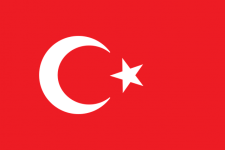
HACETTEPE UNIVERSITY
Hacettepe University is one of the largest universities in Turkey. The Faculty of Education bundles highly qualified staff, international cooperation, openness, extensive STEM experience and a broad network of different (STEM) stakeholders, all whilst being one of the founding members of ICSE. With the implementation of the new Turkish Science Curriculum the university was able to establish a system where the different achievement levels, the social and emotional skills of students are considered whilst teaching. In the context of MOST Hacettepe University oversees the communication, dissemination and exploitation of MOST fairs and conferences, due to a high level of expertise and success in this area.
MINISTRY OF NATIONAL EDUCATION TURKEY
The Directorate General of Life Long Learning within the Ministry of National Education in Turkey is a public body with the main responsibilities of supplying education to those of Turkey’s citizens who are unable to access formal education. So far more 30 million people have been trained in over 1000 non-formal education centers across Turkey, the subjects including STEM, ICT, foreign languages, crafts and many more disciplines, since 2008. The Directorate General of Life Long Learning cooperates closely with Hacettepe University and diverse industry partners to implement MOST in Turkey. Its role with in MOST is the review of the organisation plan for the European MOST conference, as well as the review of the MOST plan for communication, dissemination, and exploitation.
The European Support Team (EST) is an advisory board and involves external experts across Europe with educational or STEM/environmental background. We are very happy that the following experts contribute to the success of MOST with their expertise:
The evaluation concept of the MOST project is designed to see to what extent MOST has reached its objectives: establishing Open Schooling Communities across Europe and a European Open Schooling Network.
The project evaluation has a twofold purpose: on one hand it is intended to measure the project’s short-term impact in terms of the promotion of science literacy, perceived relevance and positive attitudes towards science and scientific careers, as well as increased sustainability awareness and individual capacity to act on environmental issues. On the other hand, it should provide a collection of multiple case studies from ten European countries, illustrating how school-community-projects (SCPs) may be articulated to adapt to different regional contexts, as well as barriers and supportive aspects for their successful and productive implementation.
Due to the scope and ambition of the evaluation concept, a mix methods approach is used, combining quantitative and qualitative methods. To this end, specific questionnaires were developed for the main target groups (students and teachers) and a template for regional case studies focusing on the key concept behind the MOST project: the development of SCPs as means to connect school and communities and to provide more authentic, relevant and meaningful STEM education.
Program: Horizon 2020
Topic: SwafS (Science with and for Society) Open schooling and collaboration on science education
Type of Action: CSA (Coordination and support actions)
Duration: 36 months (September 2020 – August 2023)
Project Number: 871155

University of Innsbruck, Austria

Czech Republic

Germany

Netherlands

Lithuania

Norway

Malta

Spain

Sweden

Turkey
If you did not find an advisor for your country, please feel free to contact the MOST Project Office. We look forward to hearing from you!

MOST Coordinator / Project Office
The creation of these resources has been funded with the support of the Horizon2020 programme of the European Union under grant no. 871155. The European Union/European Commission is neither responsible for the content nor liable for any losses or damage resulting of the use of these resources.
CC-BY-NC-SA 4.0 license is granted for all our materials. Please feel free to use and adapt them for non-commercial purposes. Make sure to give attribution to the original materials as well as for the adapted ones. Find explicit terms of use for CC-BY-NC-SA 4.0 at: https://creativecommons.org/licenses/by-nc-sa/4.0/deed.en
You need to load content from reCAPTCHA to submit the form. Please note that doing so will share data with third-party providers.
More InformationYou are currently viewing a placeholder content from Turnstile. To access the actual content, click the button below. Please note that doing so will share data with third-party providers.
More InformationYou are currently viewing a placeholder content from Facebook. To access the actual content, click the button below. Please note that doing so will share data with third-party providers.
More InformationYou are currently viewing a placeholder content from Instagram. To access the actual content, click the button below. Please note that doing so will share data with third-party providers.
More InformationYou are currently viewing a placeholder content from OpenStreetMap. To access the actual content, click the button below. Please note that doing so will share data with third-party providers.
More InformationYou are currently viewing a placeholder content from Google Maps. To access the actual content, click the button below. Please note that doing so will share data with third-party providers.
More InformationYou are currently viewing a placeholder content from YouTube. To access the actual content, click the button below. Please note that doing so will share data with third-party providers.
More InformationYou are currently viewing a placeholder content from Vimeo. To access the actual content, click the button below. Please note that doing so will share data with third-party providers.
More InformationYou need to load content from hCaptcha to submit the form. Please note that doing so will share data with third-party providers.
More InformationYou need to load content from reCAPTCHA to submit the form. Please note that doing so will share data with third-party providers.
More InformationYou are currently viewing a placeholder content from Turnstile. To access the actual content, click the button below. Please note that doing so will share data with third-party providers.
More InformationYou are currently viewing a placeholder content from X. To access the actual content, click the button below. Please note that doing so will share data with third-party providers.
More Information